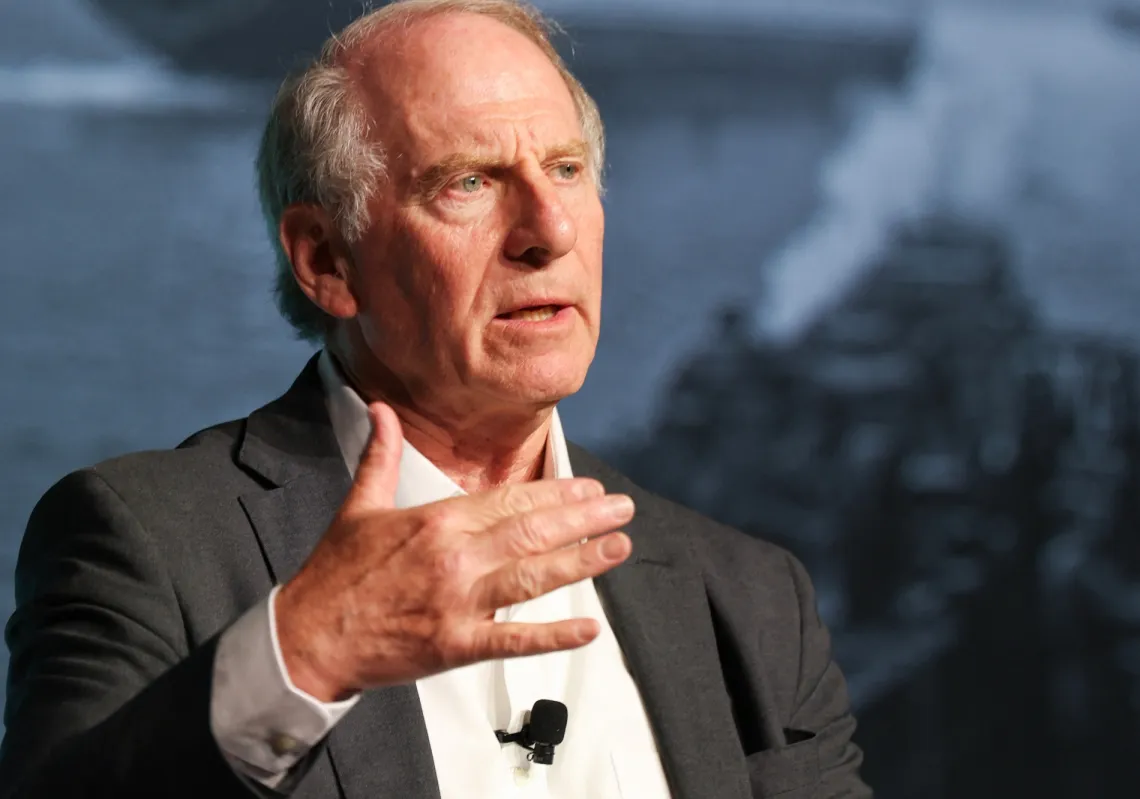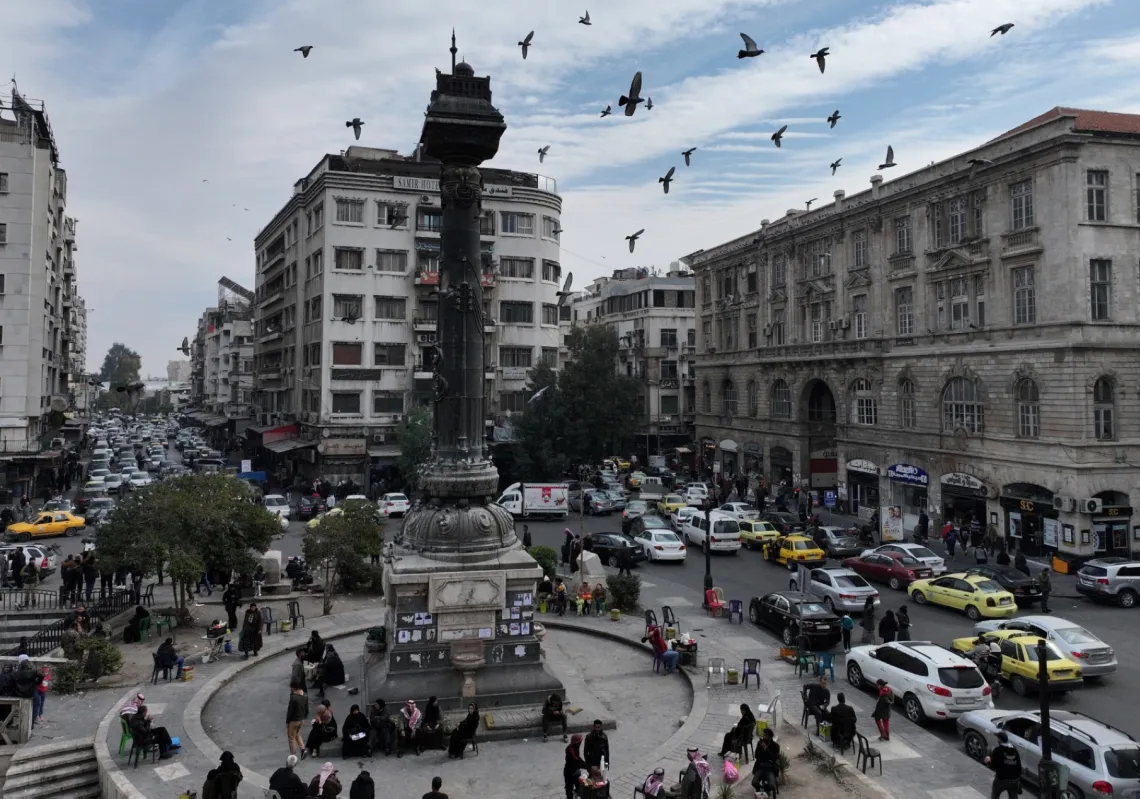Lebanese Prime Minister Saad Hariri successfully managed to bring together leaders of the Forces of March 14 at the Hotel Bristol. The final communiqué of the meeting called for better relations with Syria and stressed to Hezbollah that a strong state is the one most capable of ensuring security and protection for all—that only legitimate security forces should be armed. Supporters of the party that hold the majority of seats of parliament were told: "We remain committed to our pledges. The Cedar Revolution, its slogans and its principles will remain. However, developments should be tackled in a way that meets national interests".
Walid Jumblatt, leader of the Progressive Socialist Party, did not attend the Bristol meeting. He decided to stay out of the gathering. Hariri understands Jumblatt’s position as he knows the reasons and motives of the latter. The two are united in their purpose of seeking to forget about differences with Damascus, and to cooperate to put an end to enmity that has escalated since the assassination of Rafik al-Hariri on 14 February 2005.
Saudi Arabia has paved the way for building a relationship with Prime Minister Hariri, as King Abdullah bin Abdulaziz visited the Syrian capital a few months ago. This has led to the so-called "equation S.S”, on which the Lebanese Parliament Speaker Nabih Berri, has built his hopes on—he has repeatedly confirmed that a Saudi-Syrian understanding helps the Lebanese solve their complex problems.
Berri's belief has proved true: Lebanon held smooth parliamentary elections on 7 June 2009, thanks to joint Syrian-Saudi support. Saad Hariri was also able to form a new cabinet with Saudi-Syrian support, and he formed a national unity cabinet with the assistance of both Riyadh and Damascus. By receiving such support from two powerful Arab counties, the Lebanese Prime Minister is most able to address many of the outstanding internal issues—and to tackle external pressure.
Saad Hariri’s decisions have relied on significant material assets, involving billions of dollars, but more importantly, he has depended on a humanitarian network, involving a group of key figures at home and abroad who respect him and are ready to facilitate his tasks in governance. The young Hariri has inherited from his father an ambitious project for the advancement of Lebanon, attempting to turn it into a Switzerland of the East. He also has inherited a number of complex challenges in the realm of security, the economy and social development.
Priorities are numerous: Fighting terrorism, uncovering espionage networks and establishing security and stability are at the top, according to his cabinet’s statement. Other priorities include achieving reconciliation among the Lebanese to consolidate national unity and to fully implement the Taif Agreement, so as to abolish sectarianism in politics, fight bribery and corruption, and modernize governance. Also included in his agenda is the appointment of senior officials of the state, addressing problems of electricity, energy and transport; implementing the "Paris-3 Resolutions, and addressing the public debt.
When he visited Cairo recently, Prime Minister Hariri emerged from a meeting with Egyptian President Hosni Mubarak to announce cheerfully: "We do not want to threaten anyone. We also strongly object to being threatened by anyone". He assumed power with a bright smile, strong personality and strong desire to overcome hard challenges. What matters most is that he actually does so.
George Alam -








